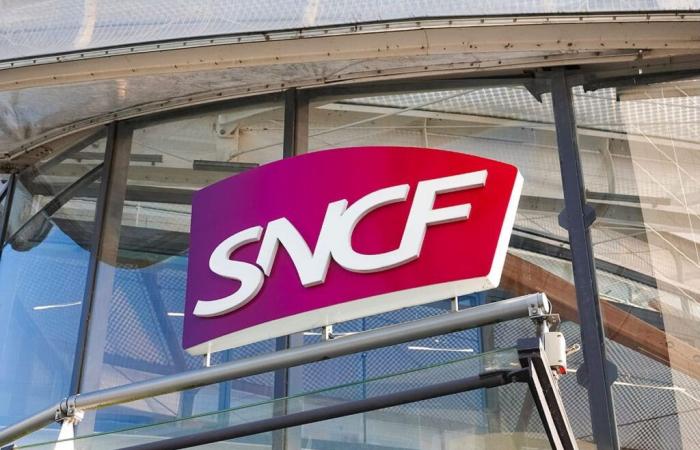Did you know that public transport fraud costs every year 700 million euros ? Well, to fix that, a new system called « Stop Fraude » is put in place. Its goal: to ensure that the fines arrive at the right address, in order to recover the money owed. Validated by the Cnil (National Commission for Information Technology and Liberties)this system started from Wednesday January 8.
Who are the project partners?
Six transport bigwigs are in the game with “Stop Fraude”. We talk about the SNCFthe RATPbut also regional networks like Keolis, Transdevthe RTM (Marseille transport network) et Tisséo (Toulouse network). Their mission? Check the addresses of fraudsters to avoid any losses due to incorrect information.
The Union of Public and Rail Transport (UTPF), which brings together around 150 operators, applauded this initiative. According to them, “fraud (…) represents a loss of income estimated at around 700 million euros per year throughout the country. » They hope that this system will make the addresses more reliable to optimize the recovery of fines. Other urban networks could also get started within three months.
How does it really work?
The “Stop Fraud” system carefully checks addresses “at the end of the day”, after a controller has notified a fine. This verification is carried out using the files of the General Directorate of Public Finances, managed by the National Printing Office. On the other hand, the offender must have given their true identity during the check for it to work.
A decree published on December 3 explains all this in detail. There is also a bill to strengthen security in transport, even allowing address verification at the time of control. This idea comes from Philippe TabarotLR senator from Alpes-Maritimes and now Minister of Transport.
Soon less fraud?
With “Stop Fraude”, we hope not only to seriously reduce fraud but also to remind users that respecting the rules is important to guarantee a fair and efficient public service. By ensuring that every fine arrives safely, this system promises to improve not only financial recovery but also confidence in our public transport services.
As “Stop Fraude” begins its journey, it invites us all to think about our role in maintaining an essential service. Fighting fraud is not just about money; it is also a question of collective respect and the proper functioning of a vital service for all.
A reaction? Leave a comment
Did you like this article? Subscribe to our free Newsletter for engaging articles, exclusive content and the latest news.






